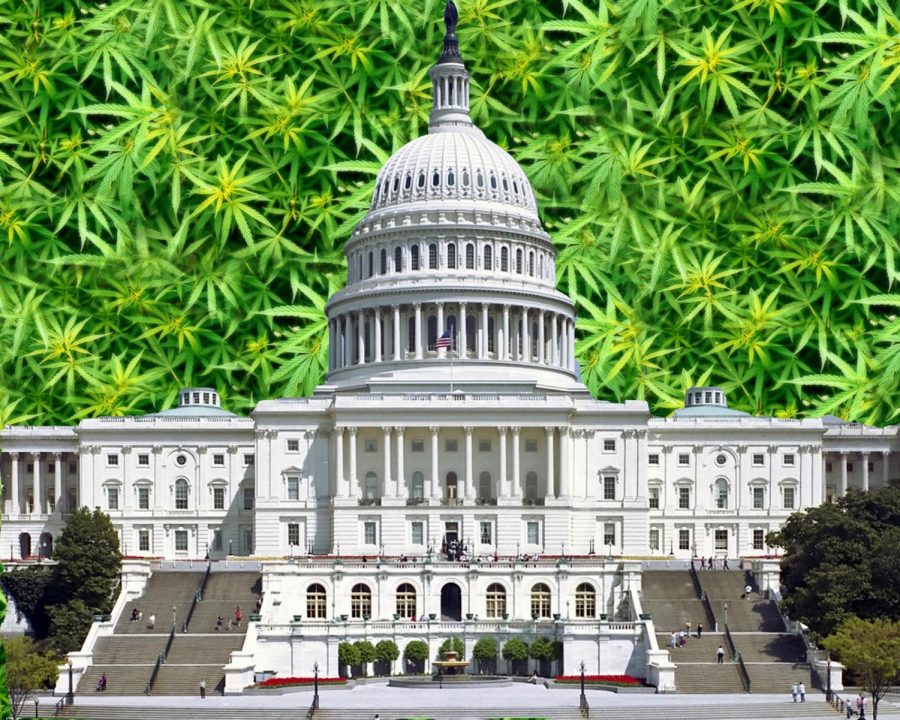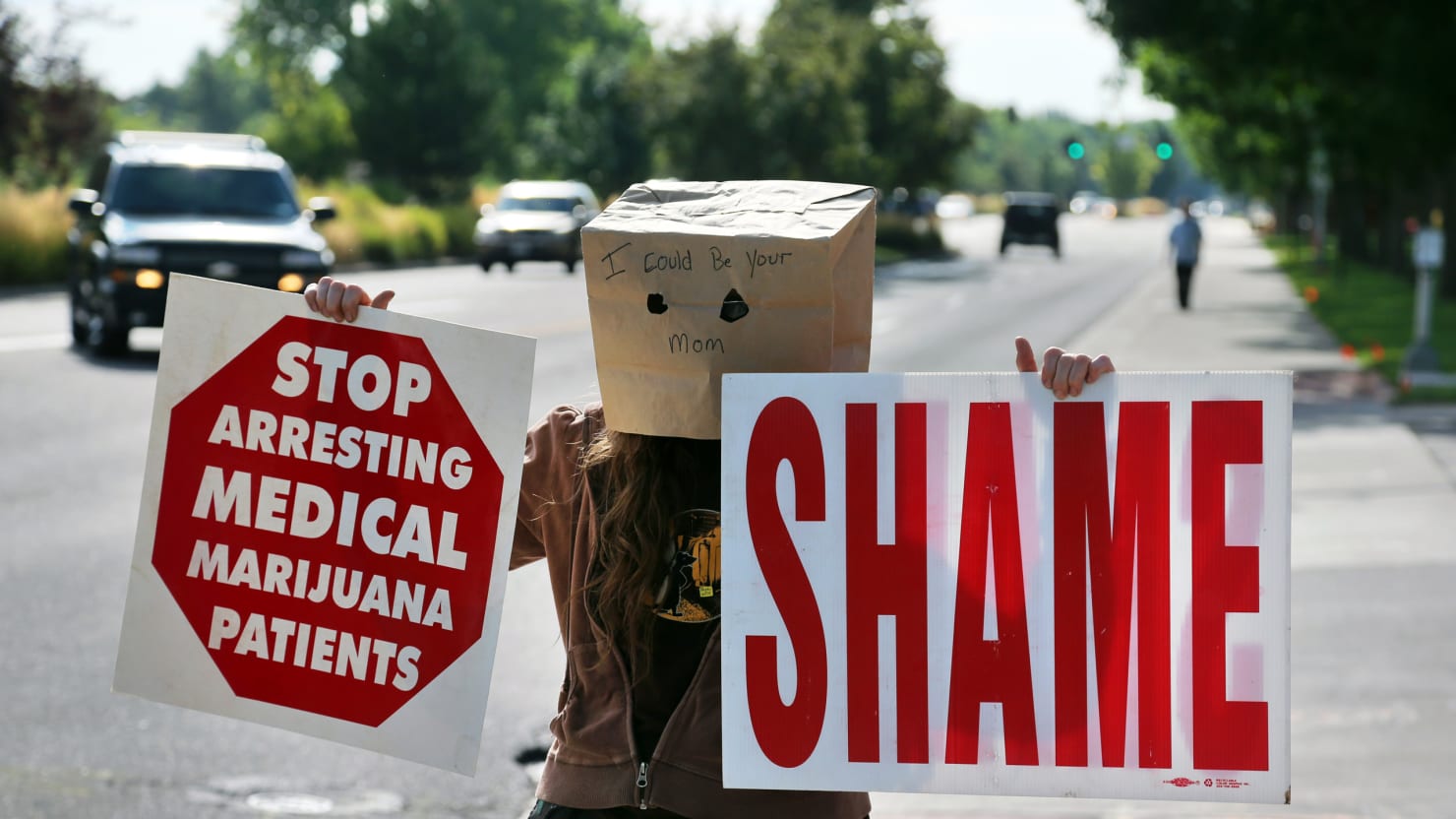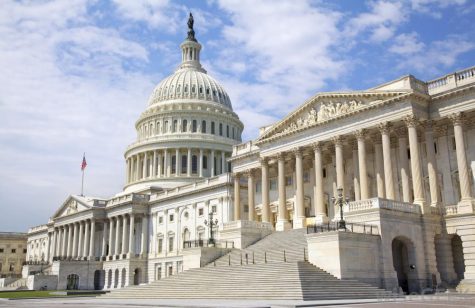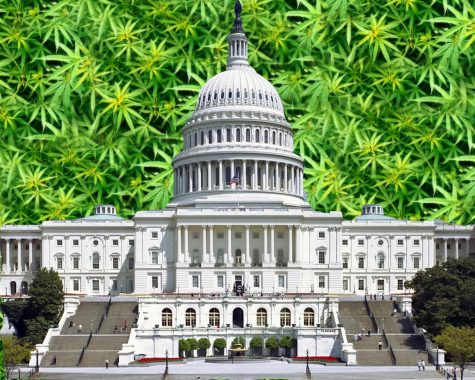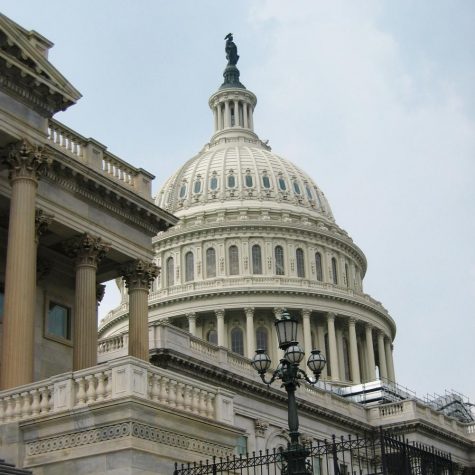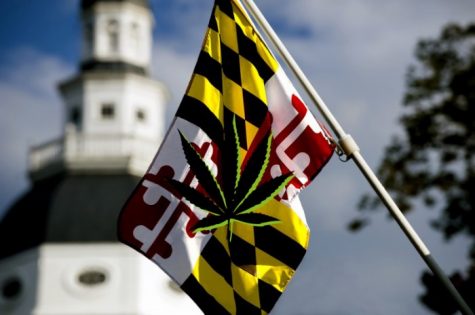Legal cannabis states ask Congress for legal banking
As of today, 29 states and a number of U.S. territories have legalized medical cannabis. Nine of those states have legalized it for social use and this year, social cannabis legalization will be considered by at least 12 states.
However, cannapreneurs seem to be in a spot of bother when it comes to opening legal bank accounts for their “green” businesses, after the Obama-era policy was scrapped.
Laws that categorize cannabis as a federal level illegal substance have left budding entrepreneurs in a state of concern regarding the imposition of criminal liability under the Controlled Substances Act.
Why is legal cannabis banking a necessity?
If cannabis retailers use efficient payment systems that allow them to bank legally, people’s safety, health and the industry at large stand to be better protected. Nothing will be swept under the rug and every transaction will be monitored, thus eliminating the risk of any dodgy dealings.
This isn’t the first hurdle that members of the cannabis community have had to overcome in recent times. Not so long ago, Attorney General Jeff Sessions reversed the Obama-era policy, putting the state back in charge of cannabis legality.
Nonetheless, legal cannabis banking could be possible if Congress gives the go-ahead.
With accurate tracking and a secure depository, businesses can amplify their creative payment solutions and overcome what is currently a major obstacle put into place by the Trump administration.

In order to conduct business operations properly and more importantly, legally, Congress must agree to protective legislation. In doing so, legal banking can ensue.
The latest effort to legalize banking for the weed industry saw 19 attorneys general write a letter to congressional leaders on Tuesday, January 16.
“We are requesting legislation that would provide a safe harbor for depository institutions that provide a financial product or service to a covered business in a state that has implemented laws and regulations that ensure accountability in the marijuana industry, such as the SAFE Banking Act (S. 1152 and H.R. 2215) or similar legislation,” an excerpt of the letter states.
The final banking letter was signed by the following state attorney generals:
- Karl A. Racine (District of Columbia)
- Jahna Lindemuth (Alaska)
- Doug Chin (Hawaii)
- Wayne Stenehjem (North Dakota)
- Cynthia Coffman (Colorado)
- Xavier Becerra (California)
- George Jepsen (Connecticut)
- Elizabeth Barrett-Anderson (Guam)
- Brian Frosh (Maryland)
- Tom Miller (Iowa)
- Janet T. Mills (Maine)
- Lisa Madigan (Illinois)
- Hector Balderas (New Mexico)
- Maura Healey (Massachusetts)
- Ellen F. Rosenblum (Oregon)
- Eric T. Schneiderman (New York)
- Josh Shapiro (Pennsylvania)
- T.J. Donovan (Vermont)
- Robert W. Ferguson (Washington)
One of the written requests included in the letter was an official cannabis banking system that can be utilized to handle cannabis-related business deals, similar to something like CanPay. It should be economically efficient and responsive enough to handle growing requests in a maturing industry. The letter also mentions how total cannabis sales are predicted to surpass $20 billion by 2021.
If Congress responds positively to the letter, cannabis sales will become tax compliant and law enforcement will oversee all transactions.




